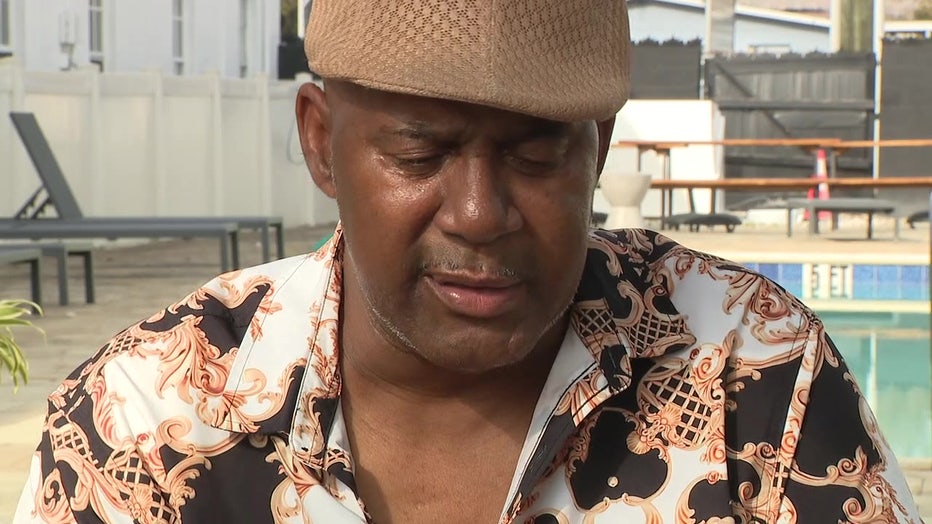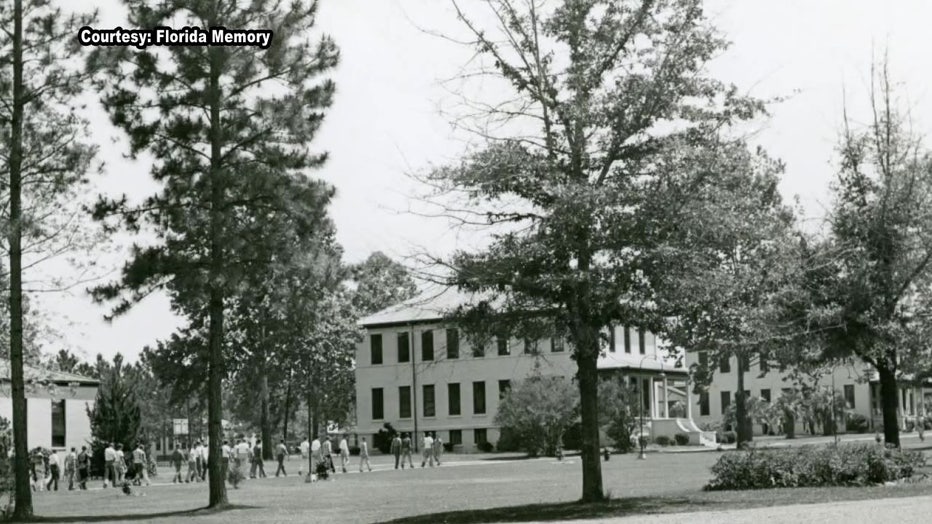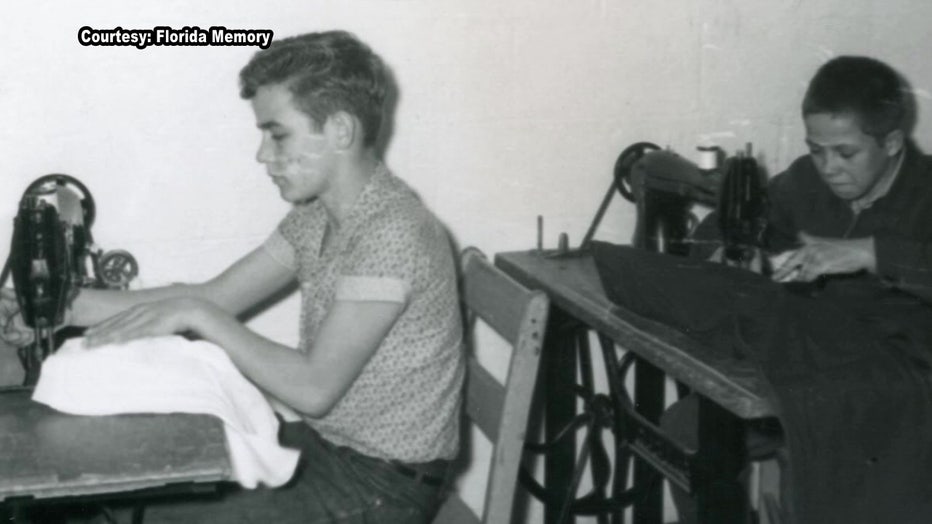Dozier school abuse survivor describes enduring 'horrors' as $20m compensation bill heads to governor's desk
Dozier School abuse victim speaks out for 1st time
An abuse victim from the infamous Dozier school speaks out for the first time after the Florida Legislature passed a $20 million compensation bill for those victims.
TAMPA, Fla. - "I escaped death, but I've still got to live with all the horrors of the things that happened to me," Melvin Wilder, 63, said as tears filled his eyes.
Speaking with FOX 13 News outside his West Tampa apartment, Wilder expressed optimism that state lawmakers would finally pass legislation to compensate the hundreds of living abuse survivors who attended the infamous Florida School for Boys, also known as the Arthur G. Dozier School for Boys.
READ: Florida Senate unanimously approves $20M for Dozier School abuse survivors
Days later, the Florida Senate would unanimously approve $20 million for the victims. The measure now heads to the governor's desk.

Melvin Wilder
Wilder was 13 years old when he was sent from Tampa to the state-run facility under a court order.
"I was sentenced there for numerous things that I was doing when I was young," he said.
He arrived in 1973 to be rehabilitated.
"When I got there, it was totally different. There was no rehabilitation."

Arthur G. Dozier School for Boys
He describes near-daily beatings during his time at the Marianna, Florida, facility in the early 1970s.
READ: Abuse victims at Florida's Dozier Reform School could receive compensation under new legislation
"One time that I got beat so bad, I've (still) got scars on me," he said. "I mean, I bled, just didn't even get medical attention. I've stayed in there two to three months without returning back to my dorm."
Fifty years later, scars mark Wilder's face and head.
One encounter in particular haunts Wilder to this day. He'd been ordered to detail a bathroom when a staff member walked in, unsatisfied with the teenager's efforts.
"Something I did wasn't clean. He knocked me down, kicked me, and asked: 'Did your mama show you how to clean up?'"

In graphic detail, Wilder then recounted his brutal assault by the staff member using the end of a nearby mop.
"If I wouldn't have moved quick enough it probably would've killed me," he said.
In a separate incident, Wilder recalled discarding a rotten peach while working in an orchard near the facility.
"The staff ran down there, and they asked me, 'What the (expletive) do you think you're doing? Go and find that peach,'" he said. "When I went to find the peach that I threw away, they went to kicking me, beating me, and took me to lockup. They kept me in there for a while until I healed. Just a continuation of pain and suffering and fear every day of my life."
That pain and fear eventually led the teenager to leave a written distress signal on a state road nearby as he crossed to lunch.
"I just wrote some things so that somebody would pick it up and read it. I dropped it as we crossed the state road when the officer wasn’t looking, in hopes that somebody would find that letter and read it and try to get us some help."
That help would eventually come in the form of Wilder's release nearly two years after being sent to the facility. But for some of his friends, the release would come too late.
"Some of my friends didn't make it back to the dorm-- guys that was taken out," Wilder recalled. "God knows what happened to them. And I feel like I feel like it is my duty as a friend, as a person, as a human, to reach out and try to get some justice for what happened to the boys because they didn't get a chance like I did."

